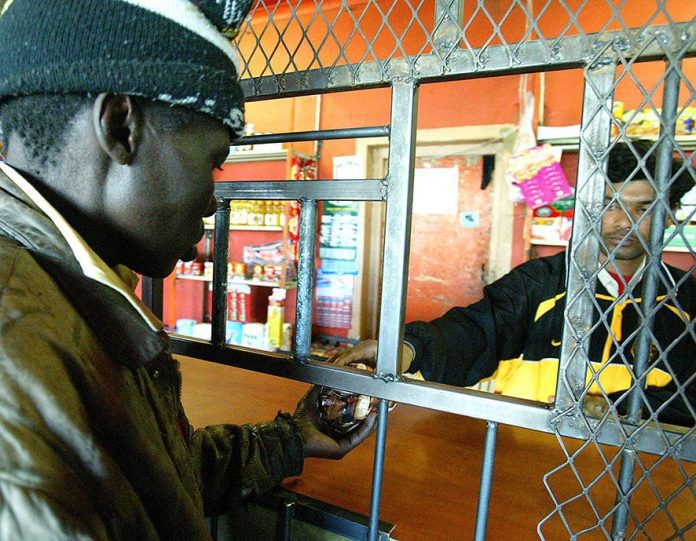Fasten your seatbelts. The South African Reserve Bank (SARB) is set to hike interest rates again when the central bank’s top brass conclude its meeting on Thursday, experts have warned.
South Africa’s interest rate is at its highest level in five years – after the SARB in July announced interest rates would increase by 75 basis points (bps), taking the repo rate to 5.5% and the prime lending rate to 9%.
It was the fifth consecutive rate hike since November last year. Experts believe consumers are set for another bumper increase in borrowing costs.
Jeff Schultz, a senior economist at BNP Paribas South Africa, said the bank’s monetary policy committee (MPC) will keep its foot firmly on the pedal and expects another 75bps rate hike. “We maintain our long-held call of another 75bps hike to a 6.25% policy rate, with all members voting for at least 75bps,” he said.
It seems almost certain that the SARB will again hike interest rates, according to a unanimous prediction by economists and property specialists on Finder’s SARB repo rate forecast panel.
Half of Finder’s 18-member panel, formed of economists, think the rate will increase by 50bps, another 44% think it’ll rise as much as 75bps, while one panellist predicts just a 25bps increase.
Oxford Economics Africa economist Jee-A van der Linde thinks the central bank will and should increase the rate by 50bps due to high inflation.
“Consumer price inflation likely reached peak levels in July, but the SARB will want to see further evidence of that. With inflation set to remain (stubbornly) sticky at elevated levels, the MPC is to continue its fight against inflation with
sequential interest rate hikes over the coming meetings.”
Kondi Nkosi, the country head at Schroders in South Africa, answers your burning questions.
What are interest rates?
Interest rates represent the cost of borrowing. When a central bank announces a new rate, this determines the cost to local banks when they borrow. In turn this steers the rate at which banks lend to each other, and it also influences the interest rate at which they will lend to the consumer (that’s you).
So, when the bank rate goes up, you would expect your mortgage rate to go up too, and vice versa.
Why are interest rates rising?
Central banks are raising interest rates to contain inflation (an increase in prices and a fall in the purchasing power of money).
Most central banks have an inflation target or an inflation target band.
In South Africa, the Reserve Bank’s target band is 3%-6%. Current annual inflation is over 7% (as of June 2022).
Central banks try to influence spending habits when they change interest rates.
If interest rates are higher, we’re more likely to save because we’ll earn more interest on our savings. Borrowing is also more costly. This reduces spending, which tends to dampen inflation.
Importantly, higher rates won’t have an immediate impact – it takes time for their effects to filter through the economy.
Savings, loans, credit cards and store credit: what will higher interest rates mean?
Generally, a rise in interest rates is good for savers (you’ll earn more interest on your savings) and bad for borrowers (you’ll have to pay more on your loan).
Lenders are normally quick to pass on rate increases to borrowing customers. Some loan agreements – including certain mortgages and credit card deals – have rates that are fixed for a set period. But they usually revert to a variable rate at the end of that term, so check the details of any credit agreements.
Although you’ll be seeing many headlines about higher inflation and rising rates, the fact is that interest rates in most countries remain very low
compared to their long-term averages.
For more business news from Sunday World, click here.
Follow @SundayWorldZA on Twitter and @sundayworldza on Instagram, or like our Facebook Page, Sunday World, by clicking here for the latest breaking news in South Africa. To Subscribe to Sunday World, click here



